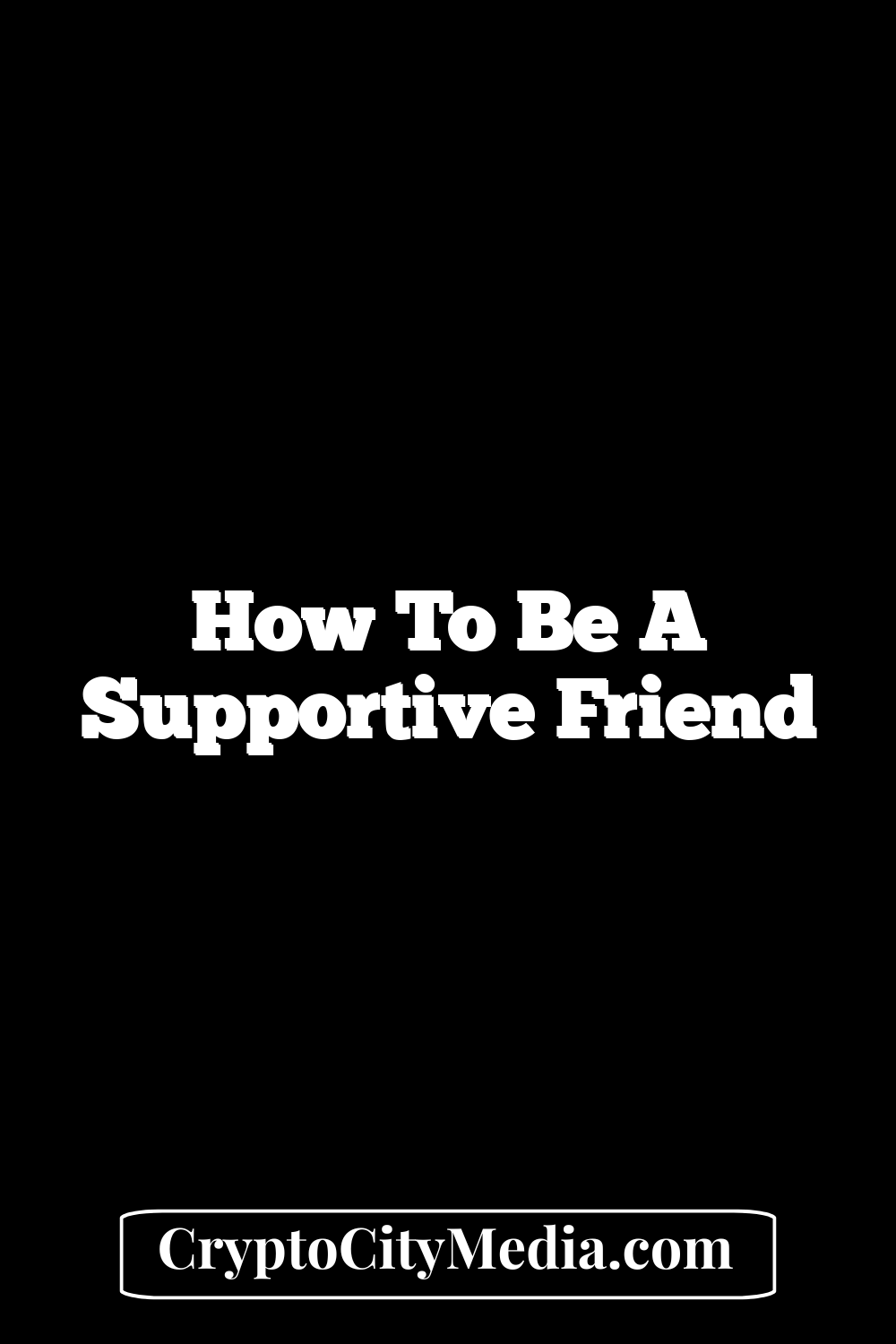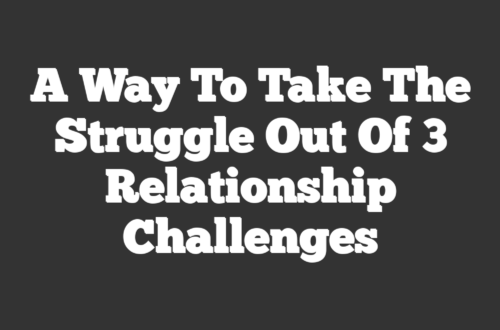
Be Validating, Not Discouraging
When a friend comes to you in distress, it’s best to be a place of comfort, positivity, and encouragement. Your friend is coming to you because they trust you and love you and feel safe with you. So the last thing you want to do is discourage them – and it’s easier to fall in that trap that you think.
Invalidating someone’s feelings is incredibly easy if you’re not watching out for it. For instance, if a friend starts crying and your immediate reaction is “Don’t cry” – that’s not providing a safe environment for your friend to break down. Instead of being a supportive friend, you’re essentially saying “I’m uncomfortable by your tears and want you to stop.” From there, it’s easy to see how a friend might shut down and stop sharing.
Instead, give them affirming feedback. Phrases like, “I’m so sorry this is happening,” “I’m here for you,” “This seems so tough,” or “I’m sorry” are much more preferred than “Don’t feel that way” or “Stop saying that.”
You’re not a bad friend for wanting to tell your friend to stop crying or stop feeling a certain way. You hate to see them in pain, so it’s instinctual to want to tell them to feel happy. But as we all know, when someone tells us to “calm down” – it does the exact opposite. So take that logic into any situation and refrain from dictating how a person should feel. In order to be a supportive friend, validate, empathize, and comfort them.
Offer Direct Ways to Support
While good intentioned, the phrase “Let me know how I can help” can be overwhelming. to a friend in need. Not only are they already flooded with uncomfortable emotions, but now they have to rack their brain to figure out how they can ask for help. It’s too much for them to handle.
Instead, try offering direct ways to support them. Ask if they’d like you to bring dinner over that night. Offer to help out with housework or chores. Invite them out for a fun night to get their mind off of whatever is troubling them.
Being a supportive friend means being direct and proactive. While it’s not up to you to solve their problems, you can still be a great source of distraction, help, and ingenuity. Most people in distress don’t actually know what they want until they hear an idea, so feel free to spit out ideas as to how you can be useful. Not only are you listening to them and hearing that they need help, but you’re lifting the burden of them having to figure out exactly what they need you to do. And *that* is how you become an exceptionally supportive friend.
Accept The Friendship Might Change
When people are going through hardships, it’s natural for that to affect their relationships. There might be times where being a supportive friend means you’re on the phone with them, bringing them dinners, walking their dogs, or distracting them from live’s problems. But other times it might mean giving your friend space so they can process or grieve on their own.
When and if they do retreat for alone time – do not take this personally. Your friend is not saying that your support is not needed anymore, they’re saying they need alone time in order to fully move forward. If you take this personally, you might tarnish the friendship when that’s the last thing your friend needs. In order to be a supportive friend, it’s best to accept the ebb and flow of a friendship that is under stress, and be there whenever your friend is ready to come back up for air.
Being a supportive friend means granting flexibility for your friendships. It’s not the easiest thing to navigate, but if you can work under the assumption that the friendship is not going away, just changing temporarily, it will be easier to stay present and useful.
Kudos to you for wanting to be a supportive friend. We need friendship more than ever – so keep practicing these tips to keep your friendships healthy and steady so we can all survive whatever comes next together!
And remember – if you need help boosting your friendships, we are here to help you with one-on-one life coaching. Life coaching improves friendships, helps you cultivate healthy new friendships, and guides you in navigating distressed friendships. Join today!




